Understanding the nature of Islamist terrorism requires a deep grasp of history, politics, and human behavior. Few experts combine these elements as effectively as Guido Steinberg, one of the world’s foremost authorities on Gulf politics and Islamist movements.
With a career spanning decades, Steinberg has advised top-level policymakers, provided expert testimony in high-profile terrorism trials, and authored seminal works on the dynamics of jihadist ideology and practice.
His clarity and balanced analysis have made him a trusted voice on one of the most complex and sensitive issues of our time. His groundbreaking book, German Jihad: On the Internationalization of Islamist Terrorism, explores the evolution of jihadist networks in Europe and their global connections—offering invaluable insights into a subject often shrouded in fear and misunderstanding.
In this interview, Steinberg reflects on his early fascination with the Arab world, the divide between academic and policy work, and his long-standing engagement with Saudi Arabia.
Q: How did you first become interested in the Arab world?
A: I was drawn to Arabic from a young age. During a school trip to Israel and Palestine in 1986, I heard Arabic for the first time and fell in love with the language. While studying Islamic Studies and History at Cologne University, I took courses in Arabic and later spent a year in Damascus to deepen my understanding.
Q: Many Germans remain unfamiliar with Arab culture. Why do you think this is still the case?
A: Germans often view the Arab world as a monolith, which couldn’t be further from the truth. There’s limited awareness of the diversity within Arab societies—many Germans are surprised to learn, for instance, that the Middle East is home to millions of Christians.
This lack of understanding persists despite Germany’s long-standing ties with countries like Turkey, dating back to the 19th century. The refugee crisis of 2015 briefly heightened interest in the region, but by 2023, public attention had largely shifted elsewhere. A deeper curiosity about Arab societies remains rare, overshadowed by stereotypes and a focus on security threats.
Q: How do you see Western perceptions of Arab societies today?
A: Unfortunately, many Westerners still associate the Arab world with threats—whether terrorism, religious ideologies, or civil unrest. This perspective, often shaped by media narratives, overshadows the complexity and richness of these societies.
A more balanced approach is needed, one that acknowledges security concerns while fostering empathy and intellectual curiosity.
Q: Your career bridges academic history and real-world counterterrorism. How do these roles differ?
A: Working in the German Federal Chancellery after 9/11 was eye-opening. In academia, the focus is on long-term understanding, whereas government work requires immediate, actionable solutions.
While I valued my time advising policymakers, I missed the intellectual depth of academic research, which ultimately led me back to a more analytical role.
Q: Your dissertation on Saudi Arabia explored Wahhabi scholars and their influence. How do you view the country today?
A: Saudi Arabia has undergone remarkable changes. From my initial visits in the late 1990s, I was struck by the openness and generosity of its people once trust was established.
The country’s social and economic reforms are essential as it navigates the post-oil era. Saudi Arabia’s transformation is impressive, but much depends on how these reforms are sustained and implemented in the coming decades.
Q: Among Arab cities, which is your favorite?
A: Syria holds a special place in my heart, particularly Damascus. Lebanon comes next, followed by Saudi Arabia, which offers a unique blend of tradition and modernity. Bahrain is my favorite Gulf country, and Oman stands out as a top travel destination for its natural beauty and rich history.
About Guido Steinberg
Guido Steinberg is a senior fellow at the German Institute for International and Security Affairs (SWP), specializing in Middle Eastern politics, Islamist terrorism, and Gulf security. His career began in 2002 as an advisor on international terrorism at the German Federal Chancellery, where he helped shape Germany’s counterterrorism policies in the wake of 9/11.
In addition to his advisory role, Steinberg has served as an expert witness in high-profile terrorism trials across Europe and the United States, earning recognition for his impartial and rigorous assessments. He is also the author of numerous books and papers, including the widely acclaimed German Jihad.
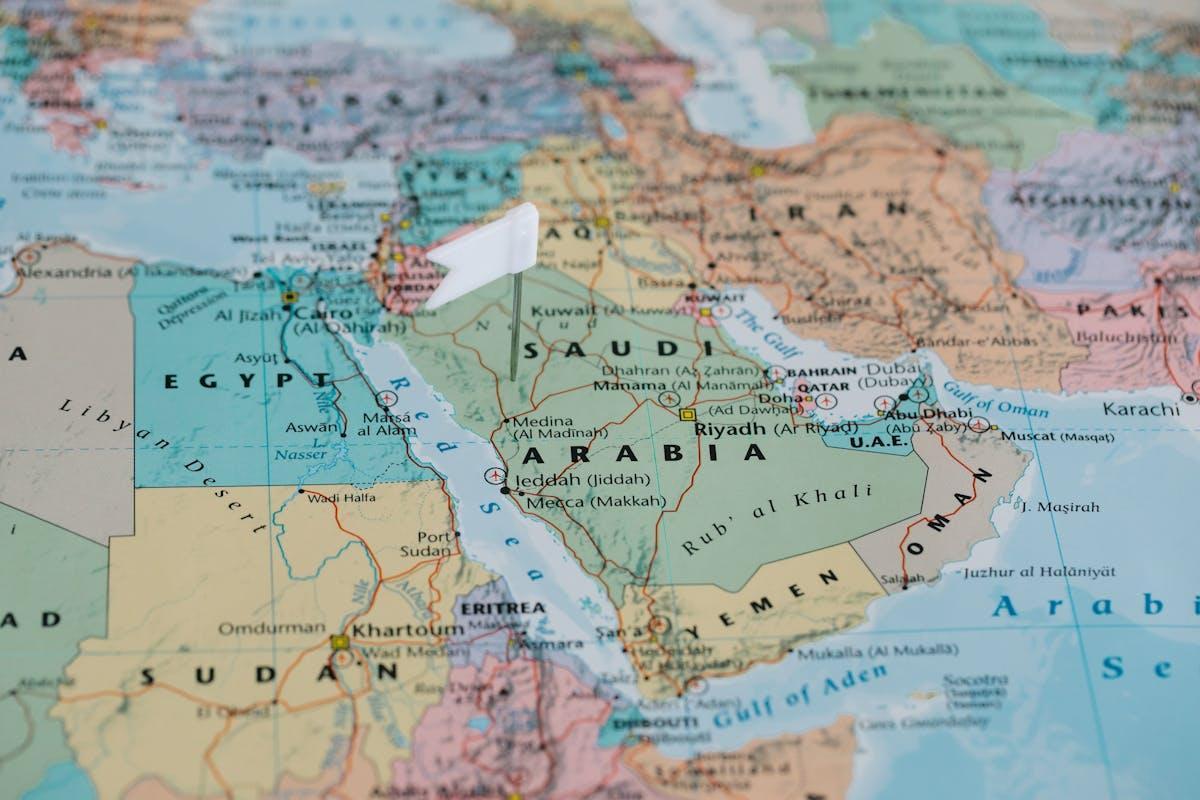
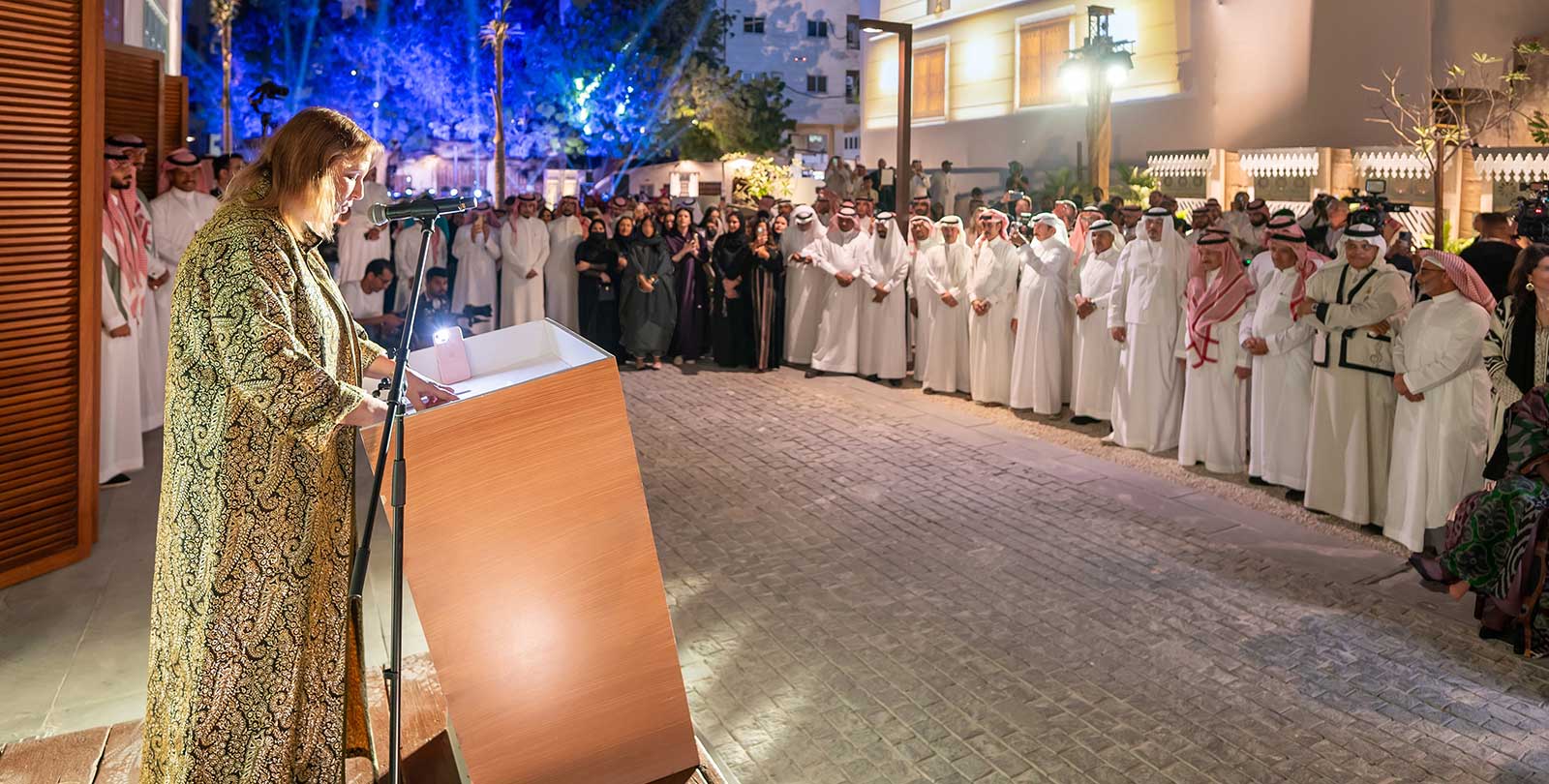
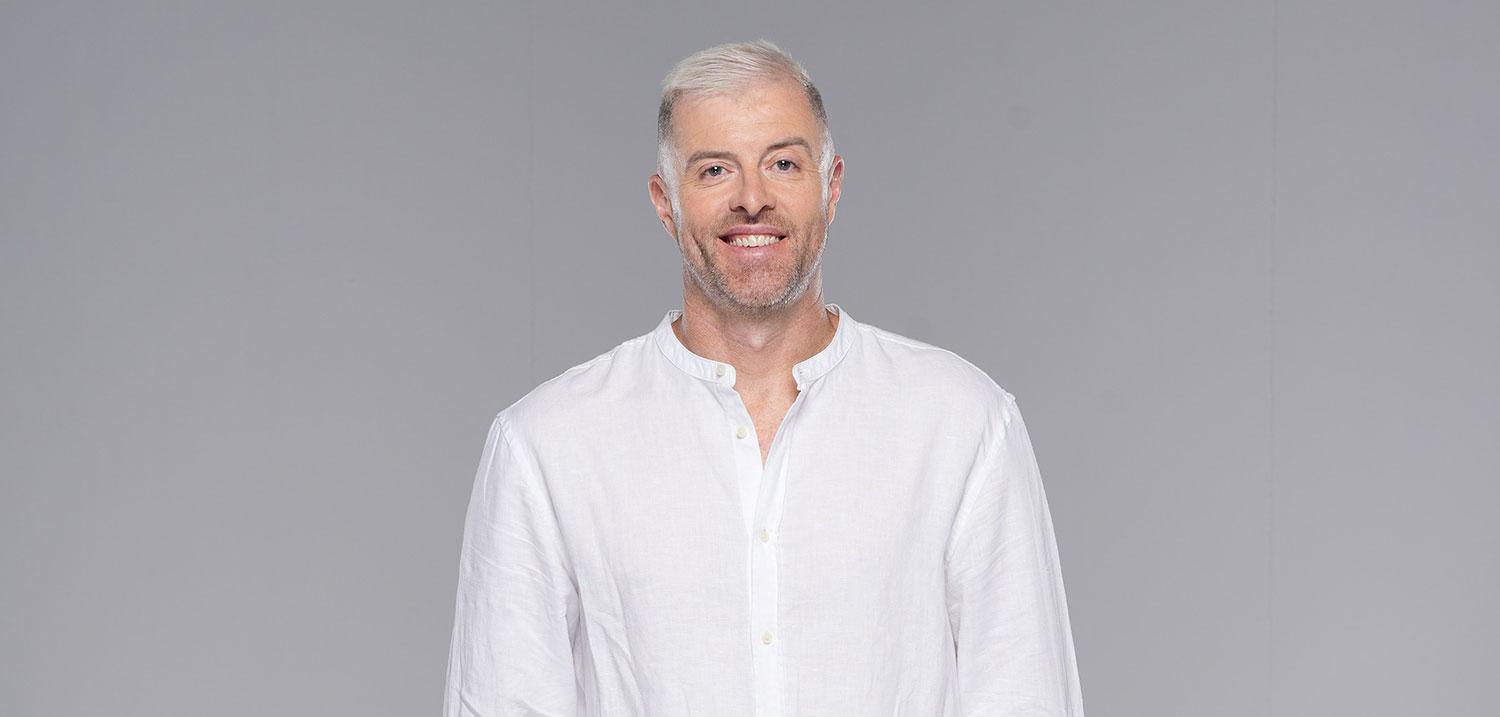
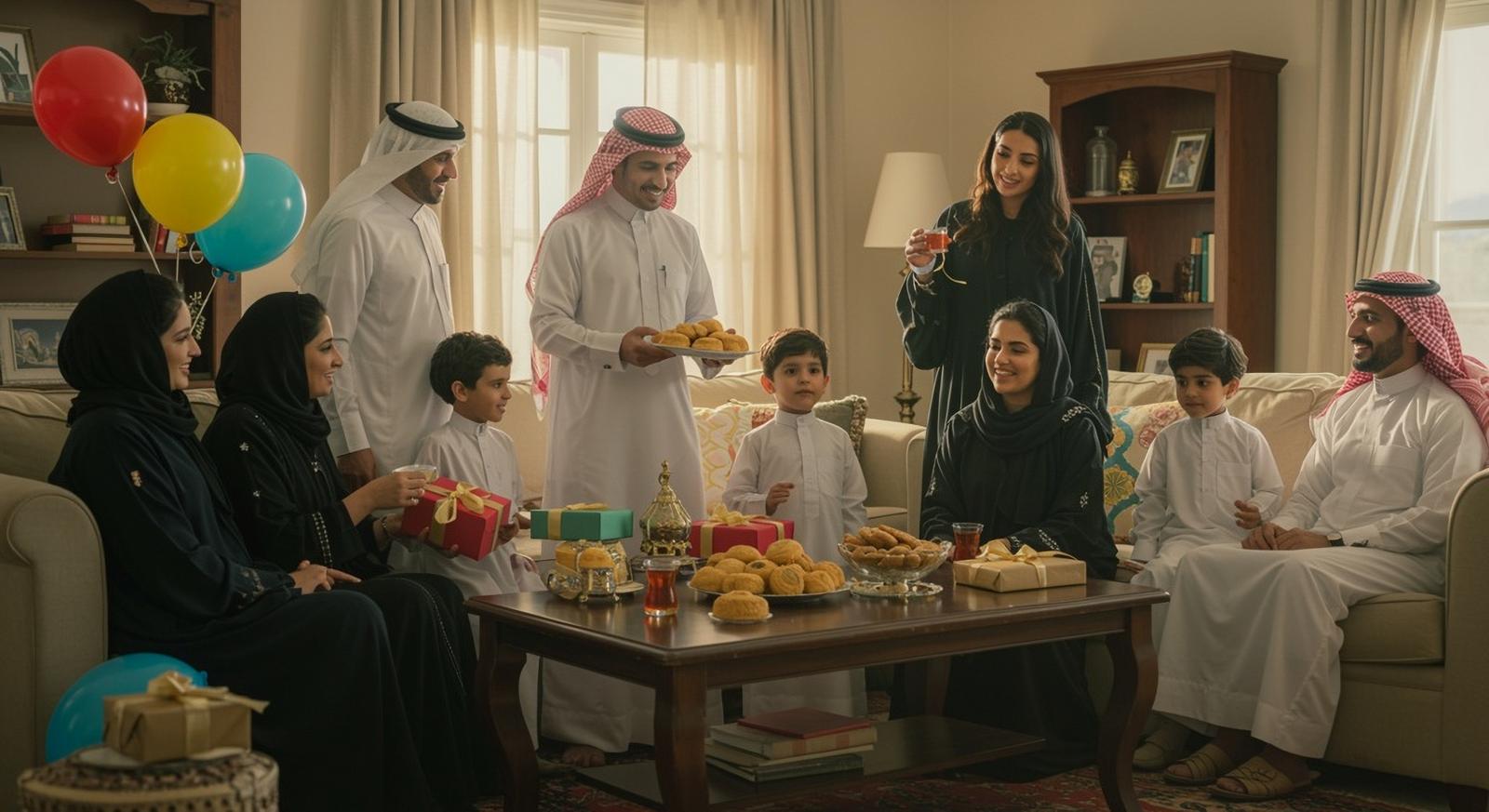
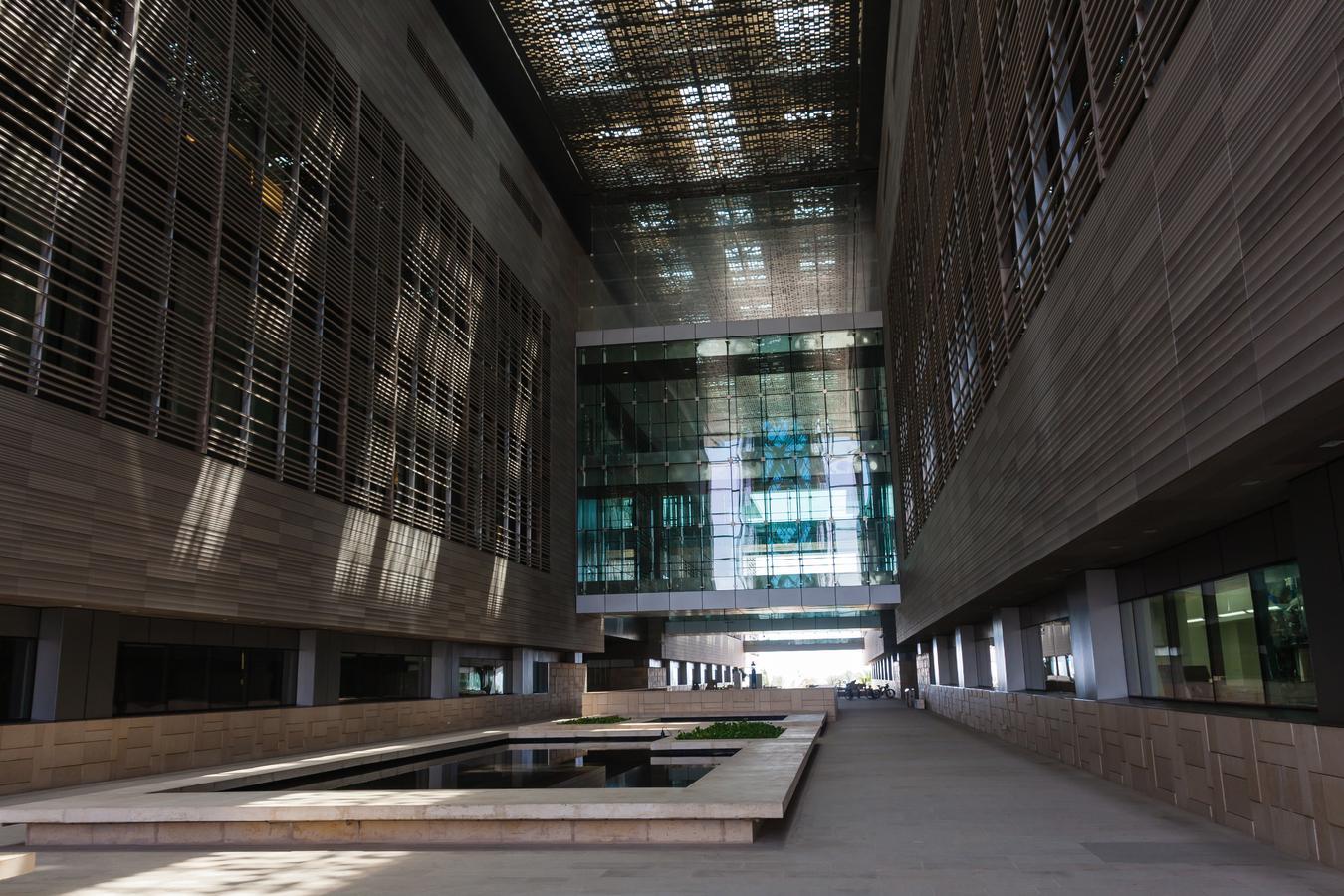
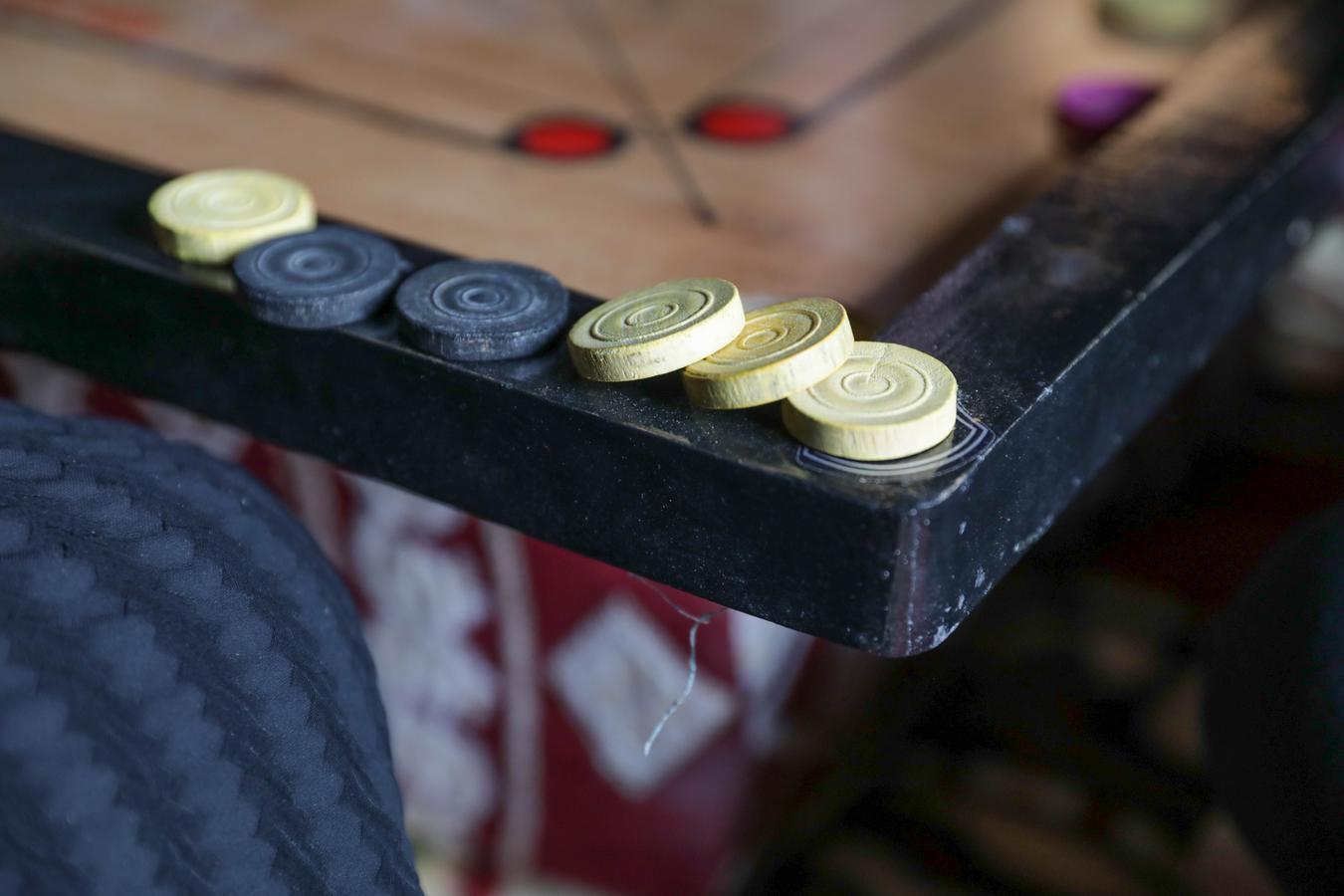
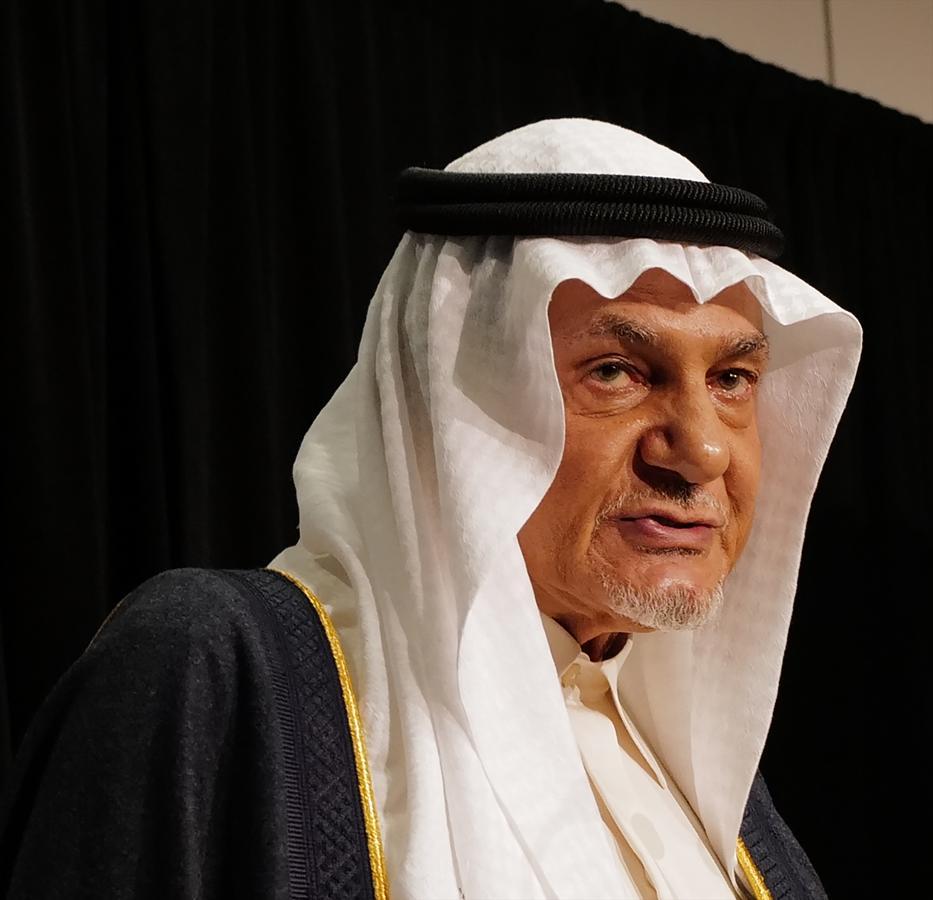
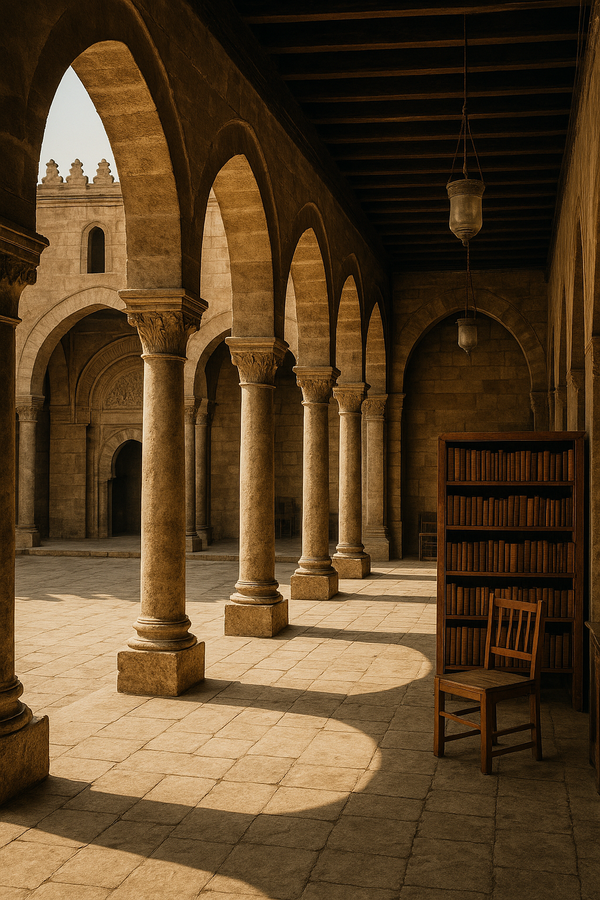
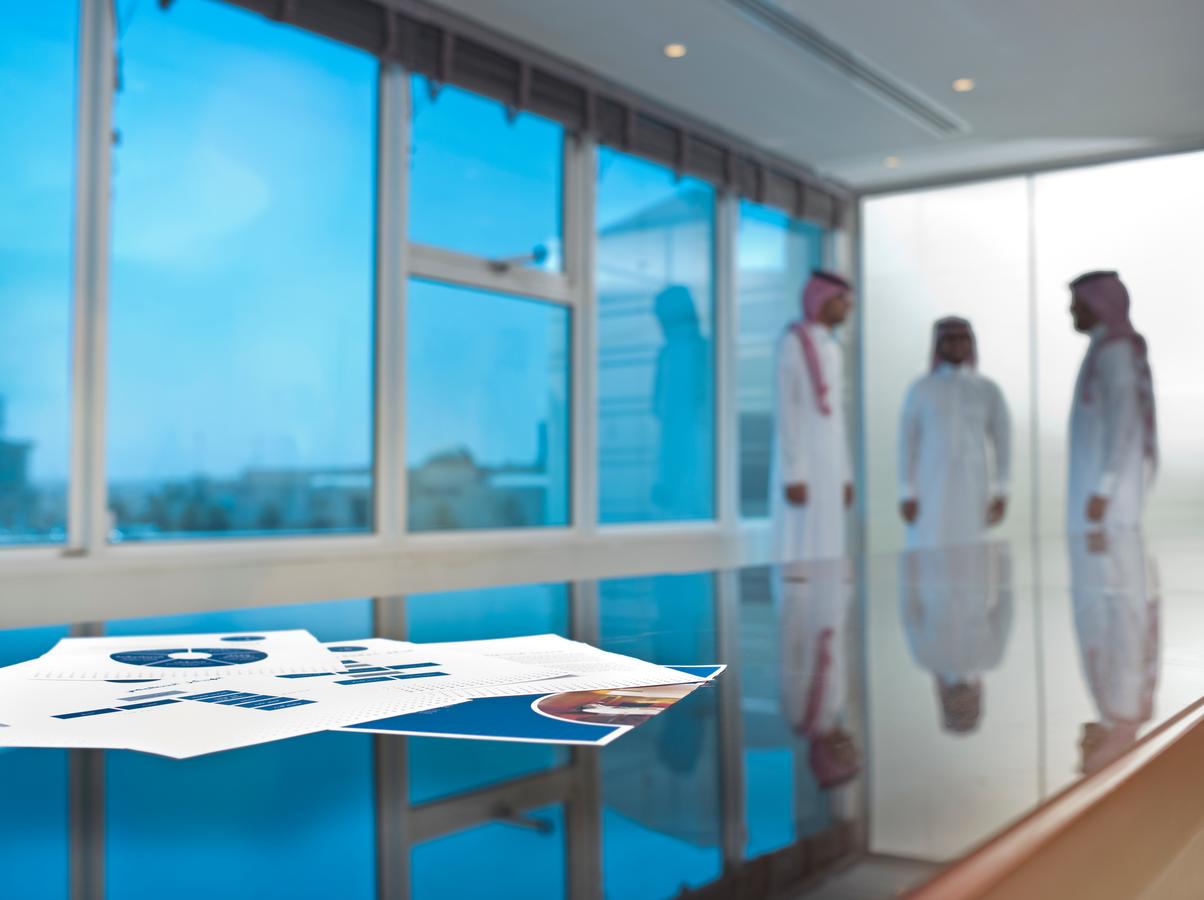
0 Comments
No comments yet. Be the first to comment!